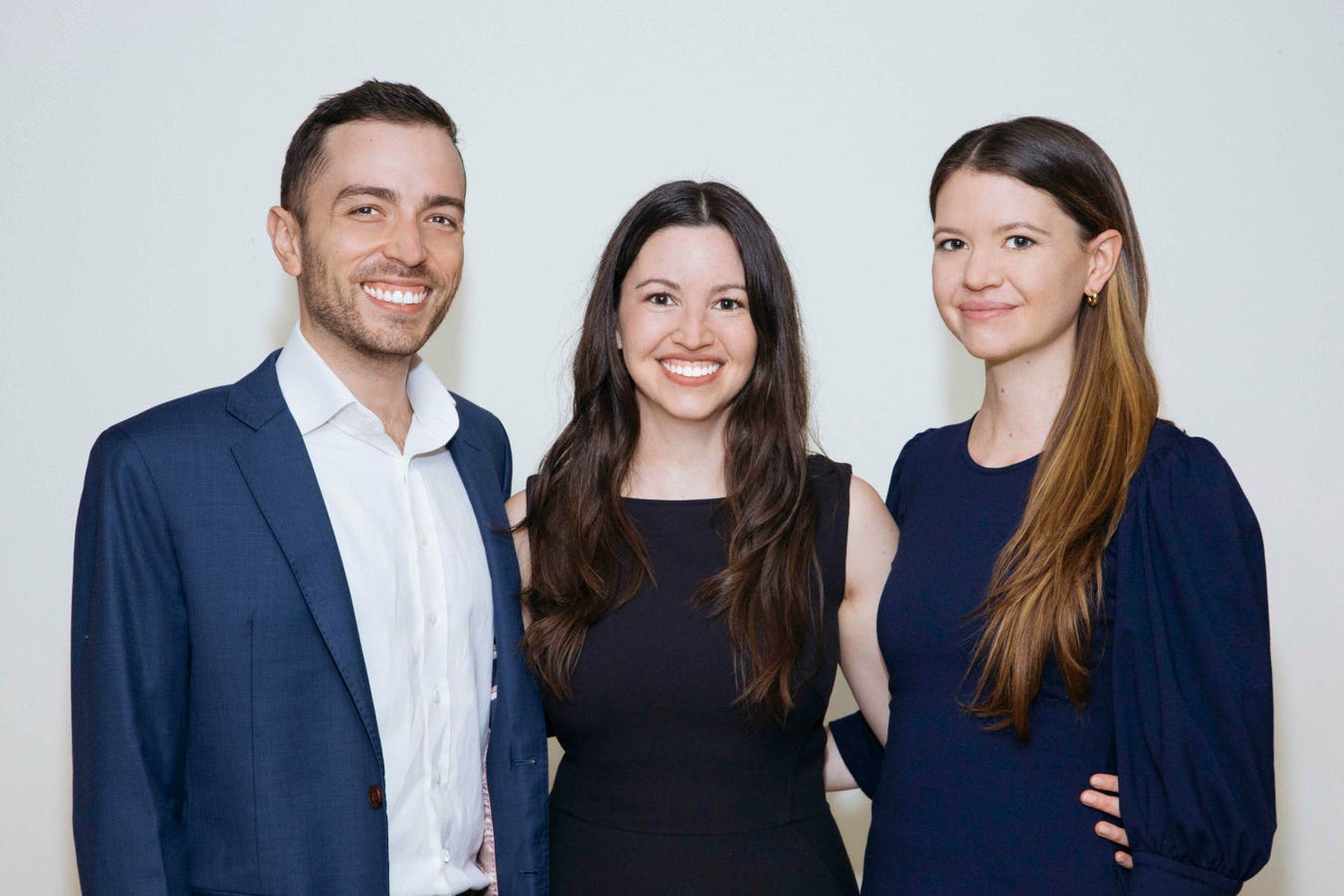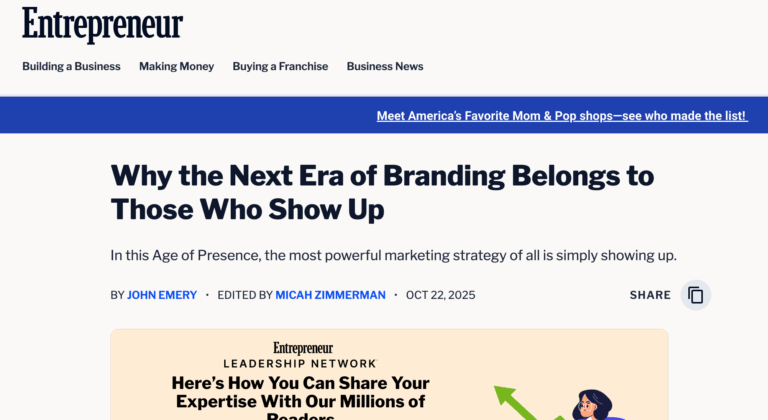With $12 million in total funding and standout outcomes in cost savings and patient engagement, WellTheory is scaling a new model for whole-person autoimmune care.
Autoimmune disease affects over 50 million Americans and represents a $100 billion-plus healthcare burden—yet few digital health startups have cracked the code on scalable, evidence-based care. According to the U.S. National Health Council, rates of autoimmunity are approaching epidemic levels, with most autoimmune diseases being diagnosed in growing numbers in recent decades. For WellTheory founder and CEO Ellen Rudolph, the company’s mission is rooted in personal experience.
At 25, while working at another health tech startup, Rudolph was sidelined by a wave of debilitating symptoms. Despite her worsening condition, doctors repeatedly dismissed her concerns, telling her she was “too young to be sick.” It wasn’t until she uncovered the autoimmune root of her illness and radically altered her lifestyle—including nutrition, stress management, and sleep—that she began to recover.
Her healing sparked a movement. Rudolph began sharing her experience on TikTok, amassing over 25 million views and building a community of more than 85,000 followers navigating similar health challenges.
“I didn’t set out to build a company—I just wanted to feel better. But once I realized how many people were falling through the cracks, I knew we needed a systemic solution.”
—Ellen Rudolph, Founder & CEO, WellTheory
On May 22, WellTheory announced a $5 million funding round led by Samsung Ventures, Opal Ventures, and Up2 Fund, with continued support from existing investors Accel, OVO Fund, and Box Group. This brings the company’s total capital raised to $12 million.
A Platform Built By—And For—Autoimmune Patients
WellTheory provides whole-person care for autoimmune patients through a blend of clinical, nutritional, and lifestyle support. Its proprietary AI tools—Care Hub and Care Scribe—optimize delivery by streamlining communication, documentation, and clinical insights for both providers and members.
The platform draws on lived experience. Rudolph’s co-founders—her sister Claire Rudolph, who has an autoimmune diagnosis, and Wallace Torres, whose wife struggled with one—also shaped the company’s empathetic approach. Since five factors influence the development of autoimmune issues: a combination of diet (specifically gluten, sugar, dairy, and/or soy), gut health, toxins, infections, and/or stress, WellTheory centers care around five health pillars: movement, nutrition, sleep hygiene, stress management, and emotional well-being.
Membership includes one-on-one video consultations, unlimited messaging with a dedicated care team, access to educational content and peer communities, and discounts on supplements and advanced diagnostics. Providers have experience treating conditions such as Long Covid, lupus, alopecia, and Hashimoto’s disease—a diagnosis public figures like Tanya Rad have openly shared.
The Hormonal Health Connection
In late 2024, WellTheory launched a women’s health program to address the often-overlooked link between autoimmune disease and hormonal health. The program targets key life stages—puberty, pregnancy, and menopause—where hormonal fluctuations can exacerbate autoimmune symptoms.
By treating root causes rather than isolated symptoms, the program aims to reduce long-term healthcare costs and improve outcomes. It also reflects WellTheory’s broader commitment to personalized, gender-informed care—particularly important given that nearly 80% of autoimmune patients are women.
Strong Outcomes And Growing Demand
Since launching its enterprise offering with women’s health unicorn Maven Clinic in 2024, WellTheory has tripled revenue year-over-year and delivered nearly $10,000 in average cost savings per autoimmune patient on biologics for employer clients.
Autoimmune disease is now among the top cost drivers for employers, largely due to rising use of high-cost specialty drugs. Companies are actively seeking alternatives to one-size-fits-all chronic care platforms.
“Employers are realizing that generic chronic care platforms don’t meet the complex needs of autoimmune patients. We’re stepping in with a model built specifically for these conditions.”
—Ellen Rudolph
Backed by outcomes from Fortune 100 and 500 clients, WellTheory is expanding its presence in the employer market and pursuing partnerships with health plans seeking to close gaps in rheumatology, gastroenterology, and dermatology.
Investors See Long-Term Infrastructure Play
“WellTheory is redefining what high-quality, scalable care looks like for complex chronic conditions. Through the launch of its proprietary AI tools, the platform will not only improve provider efficiency but also deliver a more personalized and proactive experience for patients. We’re excited to back a team that’s building the infrastructure to meet the rising demand for autoimmune care—with empathy and intelligence.”
—Jonathan Machado, Managing Director, Samsung Next
Unlike content-based wellness apps or service-heavy virtual clinics, WellTheory is focused on building core infrastructure that can scale. Its AI tools aren’t bolted on for novelty—they are embedded into care team workflows, automating documentation, triaging administrative tasks, and surfacing real-time clinical insights.
“We scale personalized care by building innovative tools for our care team. Our intelligent platform saves them time so they can provide more of the focused, individual attention our members deserve.”
—Claire Rudolph, Co-founder & Head of Product
This infrastructure-first approach is stickier, more defensible, and more monetizable than labor-intensive models. Done right, it unlocks recurring revenue, improves margins, and compounds in value over time—especially in long-tail conditions like autoimmune disease, where patient journeys unfold over years.
What’s Ahead
Armed with new capital, WellTheory plans to grow its engineering and clinical teams, deepen partnerships with employers and health plans, and expand the capabilities of its AI platform to support more complex workflows and personalization.
The company is also exploring additional autoimmune subcategories—including pediatric populations—and integrating with lab and diagnostics providers to further enhance precision care.
“Autoimmune disease is one of the most expensive, misunderstood, and under-supported categories in healthcare. We believe the time to fix that is now. We’re building the system I wish I had—and that millions of others deserve.”
—Ellen Rudolph















